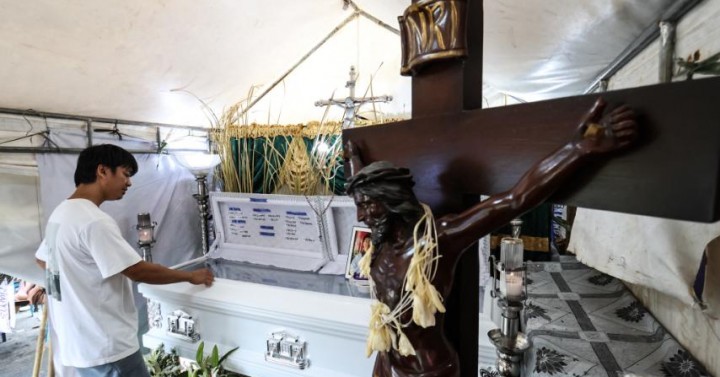Good News! Leptospirosis Cases in the Philippines Stabilizing, No Surge Anticipated – DOH

The Philippines can breathe a sigh of relief as leptospirosis cases appear to be stabilizing, according to a recent statement from a Department of Health (DOH) official. Data indicates a plateau in daily cases, suggesting that a surge in infections is unlikely in the near future.
Speaking on Bagong Pilipinas Ngayon, the DOH official expressed cautious optimism, emphasizing that while leptospirosis remains a public health concern, the current trends are encouraging. This news comes amidst ongoing efforts to control the spread of the disease, particularly following recent heavy rainfall and flooding that often contribute to its transmission.
Understanding Leptospirosis and its Transmission
Leptospirosis is a bacterial disease spread through the urine of infected animals, such as rodents, livestock, and even dogs. The bacteria can enter the body through cuts or abrasions on the skin, or through the mucous membranes of the eyes, nose, or mouth. Flooding significantly increases the risk of infection as contaminated water can spread the bacteria widely.
Why the Plateau is Significant
The observed plateau in leptospirosis cases is a positive development. It suggests that current public health measures, including awareness campaigns and preventative actions, are having an effect. It also allows health officials to focus resources and interventions on areas where cases remain elevated, rather than bracing for a widespread surge.
DOH's Ongoing Efforts
The Department of Health continues to actively monitor the situation and is implementing several strategies to combat leptospirosis:
- Public Awareness Campaigns: Raising awareness about the disease, its transmission, and preventative measures is crucial. The DOH is working with local government units (LGUs) and community organizations to disseminate information effectively.
- Surveillance and Monitoring: Robust surveillance systems are in place to track cases and identify potential outbreaks early on.
- Treatment and Management: Ensuring timely access to appropriate medical care for those infected is vital.
- Environmental Sanitation: Promoting proper waste management and sanitation practices helps reduce the breeding grounds for rodents and other animal reservoirs of the bacteria.
Protecting Yourself from Leptospirosis
While the risk of a surge appears low, it's essential to remain vigilant and take precautions to protect yourself and your family:
- Avoid contact with floodwater: If unavoidable, wear protective gear such as boots and gloves.
- Maintain good hygiene: Wash your hands frequently with soap and water, especially after being in contact with water or soil.
- Control rodents: Implement measures to control rodent populations around your home and community.
- Seek medical attention: If you experience symptoms such as fever, headache, muscle aches, or jaundice, seek medical attention immediately.
Looking Ahead
The DOH remains committed to preventing and controlling leptospirosis in the Philippines. Continued public cooperation and adherence to preventative measures will be key to maintaining the current positive trend and safeguarding public health. While the plateau is encouraging, ongoing vigilance and proactive measures are necessary to ensure leptospirosis doesn't resurge.



_2025_08_06_13_16_18.jpg)


